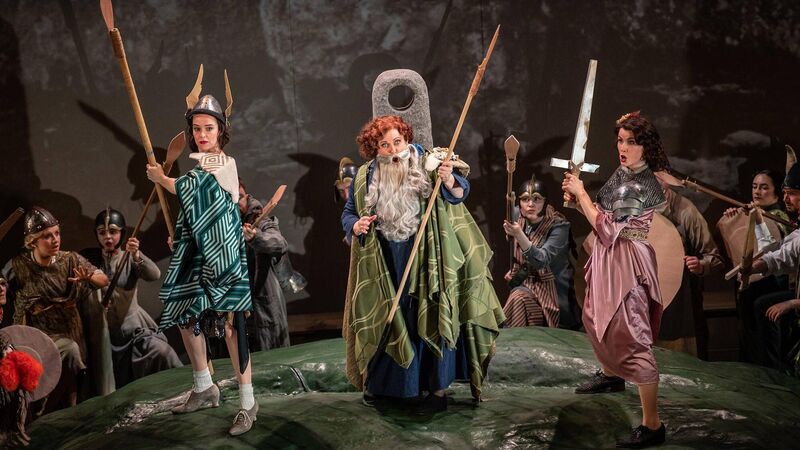Opera review: Cosi fan Tutte puts women at the heart of Mozart's classic

Sharon Carty, Majella Cullagh and Anna Devin in Irish National Opera's Così fan Tutte Picture: Ruth Medjber
- Cosi fan Tutte
- Gaiety Theatre, Dublin
- ★★★★☆
Try from €1.50 / week
SUBSCRIBE
Sharon Carty, Majella Cullagh and Anna Devin in Irish National Opera's Così fan Tutte Picture: Ruth Medjber
Already a subscriber? Sign in
You have reached your article limit.
Annual €130 €80
Best value
Monthly €12€6 / month
Introductory offers for new customers. Annual billed once for first year. Renews at €130. Monthly initial discount (first 3 months) billed monthly, then €12 a month. Ts&Cs apply.
Newsletter
Music, film art, culture, books and more from Munster and beyond.......curated weekly by the Irish Examiner Arts Editor.
Newsletter
Music, film art, culture, books and more from Munster and beyond.......curated weekly by the Irish Examiner Arts Editor.
© Examiner Echo Group Limited